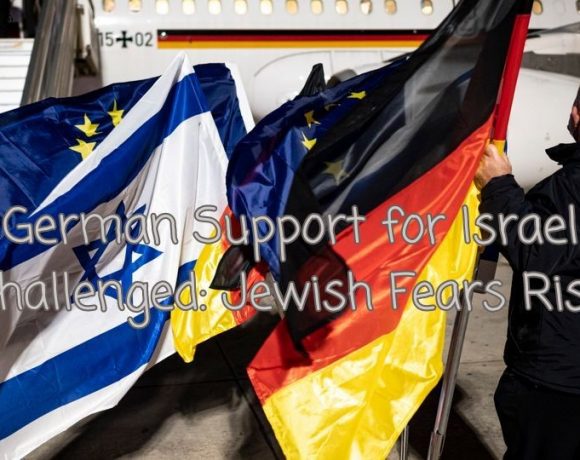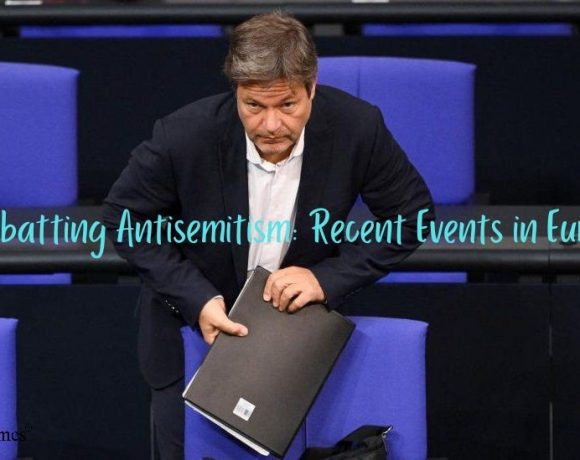
Chancellor Olaf Scholz expressed deep concern and condemnation over recent antisemitic attacks in Germany during an event commemorating the anniversary of the November pogroms of 1938, also known as “Kristallnacht.” Despite Germany’s historic responsibility and diplomatic support for Israel, social discord has arisen, particularly amid the ongoing conflict between Israel and Hamas.
The rise in antisemitism in Germany, exacerbated by incidents like the throwing of petrol bombs at a Berlin synagogue, has heightened anxiety due to the nation’s Nazi past. Cases of antisemitism were already increasing before the Hamas attacks, with a significant number attributed to the far right.
Senior politicians have called for people, especially from the political left and Muslim backgrounds, to distance themselves from Hamas actions. Germany’s commitment to Israel’s security, a fundamental aspect of its foreign policy, is facing challenges on the streets, as evidenced by protests with placards expressing dissent.
Some individuals, like Nadim Jarrar, advocate for a more open discussion on Israel’s actions, while others, such as Sami, emphasize the need to express pain about the situation in Gaza. Germany’s vice-chancellor, Robert Habeck, acknowledges that criticism of Israel is allowed but emphasizes the non-negotiable nature of Israel’s right to exist.
However, there are concerns about the integration policy in Germany, with instances of antisemitic and anti-Israel sentiments surfacing during protests. Felix Klein, the government’s Commissioner for Jewish life in Germany, highlights the problem when criticism turns into hate denying Israel’s right to exist.
Despite the genuine anguish felt in Germany over the safety of Jewish people, there is also anger in some communities about the perceived reluctance of political classes to criticize Israel, contributing to a complex and evolving societal debate.
Picture Courtesy: Google/images are subject to copyright

